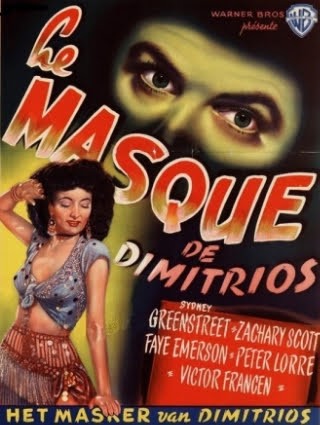In almost a dozen years of writing about a wide range of movies in general, and westerns more than any other genre, I’ve tried to point out the type of film I happen to be talking about mainly in relation to theme, and digging down to cast an eye over subtext where appropriate. From time to time though, that approach is unsuitable for the simple reason that the movie in question was conceived and shot as an almost pure exercise in entertainment. Now this is just an observation, a statement of fact as I see it, and not a criticism of the work. I see Colt .45 (1950) very much in that light, a movie primarily concerned with delivering an hour and a quarter of polished and fast-moving diversion, with no more than the occasional flick of a hat brim in the direction of meatier matters.
There have been a…
View original post 884 more words








